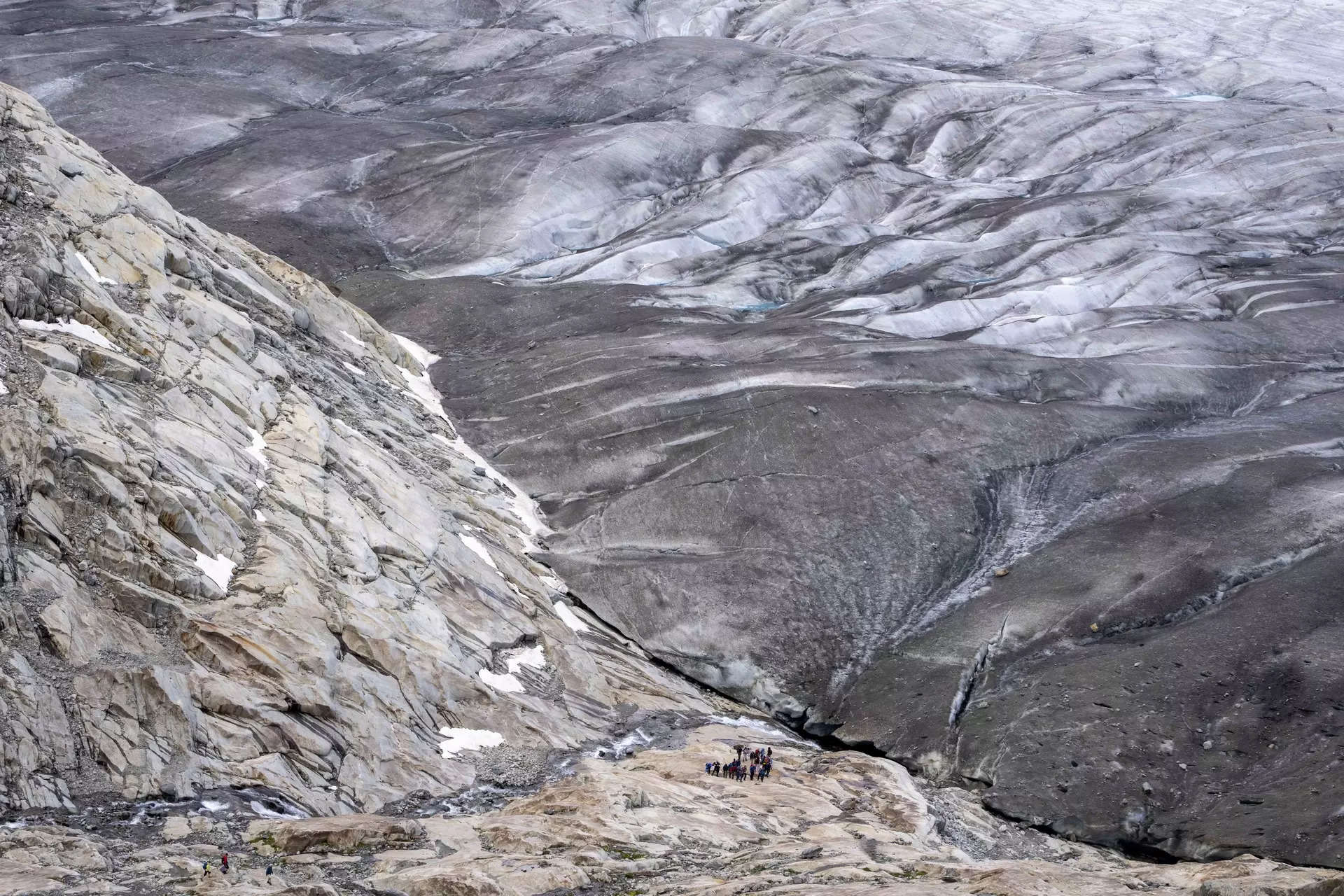This website uses cookies so that we can provide you with the best user experience possible. Cookie information is stored in your browser and performs functions such as recognising you when you return to our website and helping our team to understand which sections of the website you find most interesting and useful.

BERLIN: A majority of Swiss citizens on Sunday voted in favour of a bill aimed at introducing new climate measures to sharply curb the rich Alpine nation's greenhouse gas emissions, exit polls indicated.
First polls by GFS Institute Berlin that were released by public broadcaster SRF showed that 57% of voters were in favour of the bill.
Exact results are expected later in the day.
The referendum was sparked by a campaign by scientists and environmentalists to save Switzerland's iconic glaciers, which are melting away at an alarming rate.
Campaigners initially proposed even more ambitious measures but later backed a government plan that requires Switzerland to achieve “net zero” emissions by 2050.
It also sets aside more than 3 billion Swiss francs ($3.357 billion) to help wean companies and homeowners off fossil fuels.
The nationalist Swiss People's Party, which demanded the popular vote, had claimed that the proposed measures would cause electricity prices to rise.
Backers of the plan argued that Switzerland will be hard-hit by global warming and is already seeing the effects of rising temperatures on its famous glaciers.
“The supporters have reason to rejoice,” Urs Bieri of the GFS Research Institute told SRF.
"But by no means everyone is in favour of the law. The argument with the costs has brought many no' votes.”
Swiss glaciers experienced record melting last year, losing more than 6% of their volume and alarming scientists who say a loss of 2% would once have been considered extreme.
Experts such as Matthias Huss, a glaciologist at the Swiss Institute for Technology in Zurich, have taken to posting dramatic snapshots of retreating glaciers and rockslides from melting permafrost on social media to highlight the changes taking place in the Alps.
“Let's act as long as we can still prevent the worst,” he recently wrote on Twitter.
Read More



 Africana55 Radio
Africana55 Radio 

